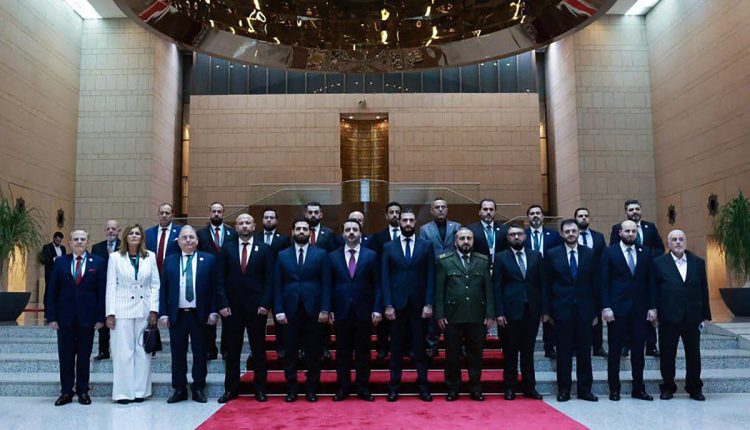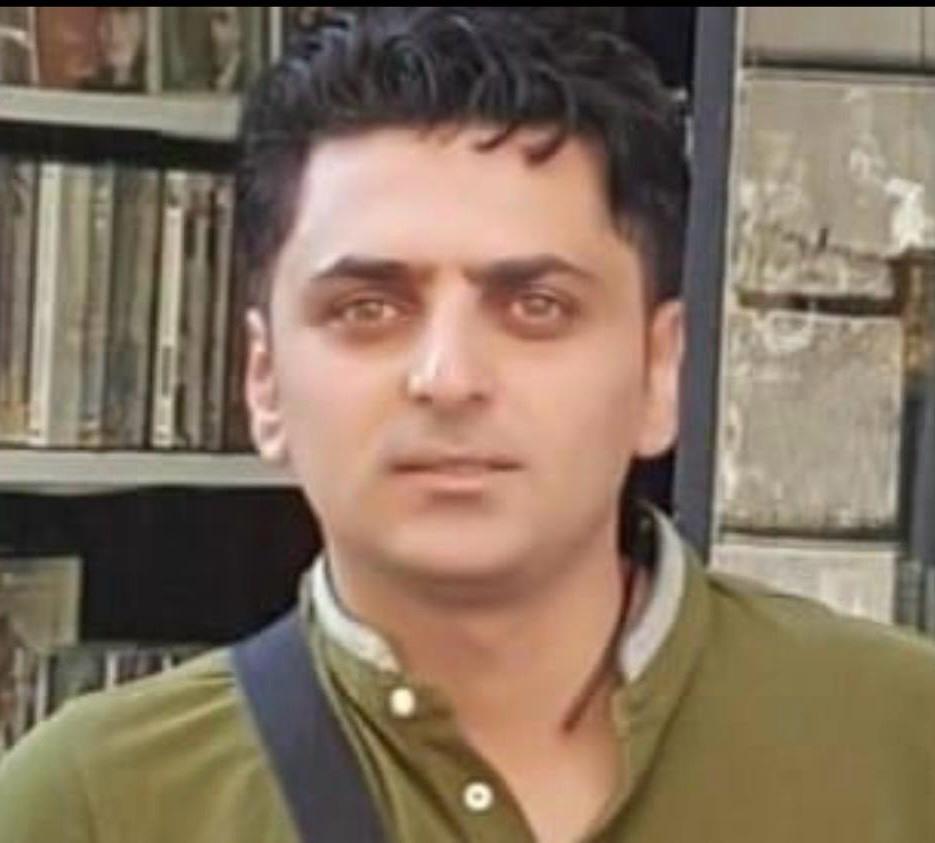Syria: “Expropriation” of National Identity and “Ignoring” Pluralism
By Shoresh Khani
In the context of structurally troubled countries that are undergoing superficial political transformations without substantial changes in authoritarian structures, the Syrian model emerges as a glaring example of the contradiction between claims of technocracy and exclusionary authoritarian practices. Despite the official reiteration of concepts such as “civil state,” “efficiency,” and “institutional reconstruction,” the practical reality indicates the continued existence of a governing pattern based on the monopoly of political decision-making and the marginalization of social, cultural, and ethnic diversity, justified by reasons ranging from preserving sovereignty to ensuring stability.
Analyzing the Syrian situation through the lens of social contract theory (in its critical inverted form) provides insight into the disintegration of the representative relationship between the state and society. According to the perspectives of Locke and Rousseau, the social contract assumes that the state arises as a representative tool of a general will grounded in plurality, equality, and the right to participation for all without exception. However, the contemporary Syrian state (still in formation) fundamentally undermines this contract through its central structure by subverting participation principles and transforming the concept of “general will” into “national will,” which is utilized as an ideological tool to justify exclusion.
This is vividly manifested in the superficial nature of the claimed technocracy. Although governmental and administrative appointments are framed under the banners of “efficiency and expertise,” the actual distribution of positions, especially in sovereign ministries (such as Interior, Defense, Media, Awqaf, and Foreign Affairs), reveals a controlling ideological-security-sectarian structure that excludes genuine competencies in favor of political and religious loyalties. This pattern of selection not only contradicts the principle of technocratic efficiency but also deepens institutional discrimination against cultural, ethnic, and religious components that do not align with the central authority’s agenda.
This pattern of veiled dominance is a living expression of what Antonio Gramsci articulated in his theory of cultural hegemony, where he asserts that power relies not only on material coercion but also on imposing a dominant ideology that renders authoritarian conceptions of identity, religion, nation, and history appear “natural” and beyond debate. The Syrian state, through its control of symbolic production tools (curricula, media, and official religious discourse), engages in the reproduction of a unilateral narrative that opposes cultural pluralism and transforms social diversity from a source of coexistence into a potential threat that must be managed, marginalized, or attempted to bypass through overt political gestures.
What we are witnessing is not merely political exclusion but a symbolic expropriation of national identity, where “national” is redefined according to narrow religious, sectarian, or linguistic criteria that exclude Kurdish, Syriac, and Assyrian components, and even some Islamic elements not aligned with the authoritarian line, often justified by arguments related to “secession,” “collaboration,” or “extremism.” This exclusion takes on an institutional aspect, as these groups are not provided with genuine opportunities for representation in political decision-making or in shaping educational and cultural policies; instead, they are relegated to a margin of “negative recognition,” acknowledging their existence without granting them any share of cultural sovereignty.
Consequently, the state transforms from a collective contractual entity into a top-down control instrument that performs a dual ideological function: perpetuating authority on one hand and reproducing a culture of exclusion on the other. Here, “technocracy” becomes merely a façade meant to polish the power’s image in the eyes of the outside world while being used internally to categorize society based on political and religious loyalty rather than competence or equal citizenship.
Syria: Walking on One Leg… The State That Fails to Recognize Its Communities
The failure of the Syrian political system to accommodate social diversity within a new social contract based on actual equality and fair representation does not only threaten the state’s legitimacy, but also undermines the possibility of building a stable future. No system claiming to be civil can continue to monopolize the definition of national identity or marginalize entire communities that have been, and continue to be, makers of Syrian culture and essential components of its social fabric. This threatens the integrity of both Syrian society and the state.
Overcoming this crisis requires not only changing faces or integrating some “operational” competencies within the power structure, but also dismantling the ideological structure of dominance and reshaping the social contract on the principles of recognition, equality, plurality, and genuine representation. The republic, in its broadest sense, is not built on loyalty, but on the ability to represent all its citizens as partners in sovereignty—not merely as subjugated subjects. What the political and security leadership is doing during its “transitional” period renders the country fragile and susceptible to political and institutional drought, making it easily ignitable amid chaos and regional instability.




Comments are closed.